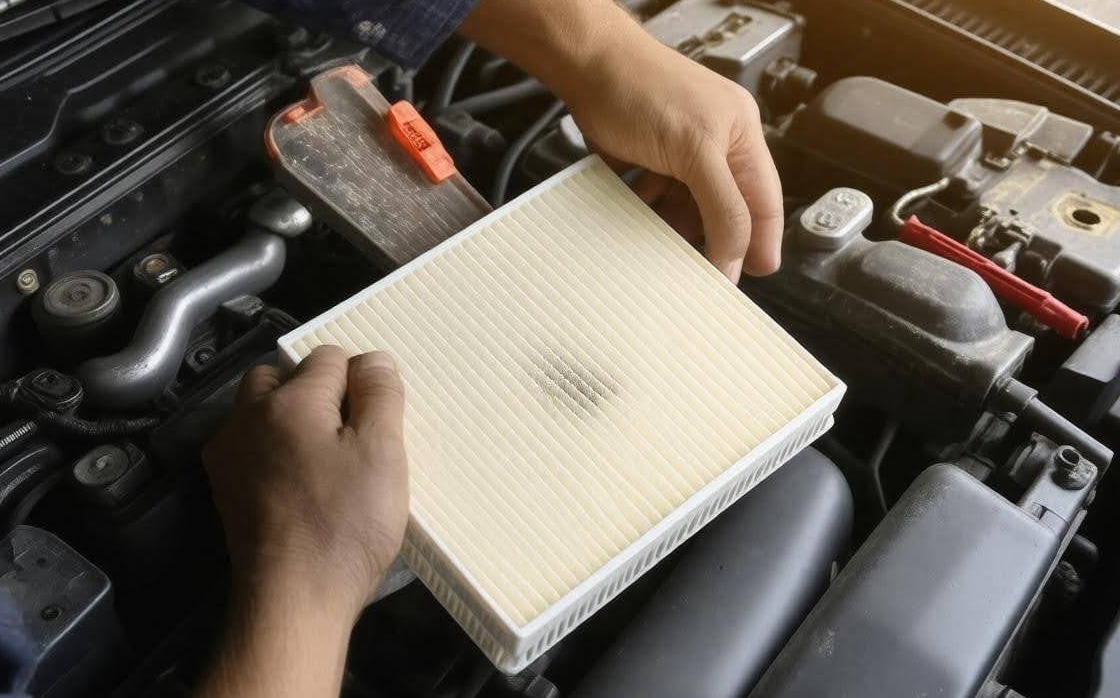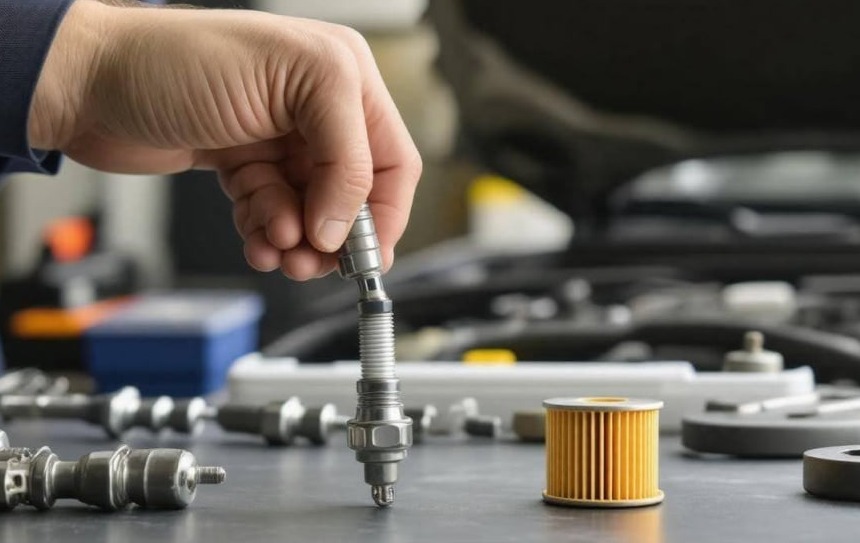Regular vehicle maintenance is crucial for optimizing fuel economy as it ensures that all engine components, such as spark plugs and air filters, function efficiently. Neglecting maintenance can lead to increased fuel consumption and costly repairs, while routine checks can enhance your vehicle's performance and longevity, ultimately saving you money on gas and improving your driving experience. For businesses managing a fleet of vehicles, the application of consistent maintenance routines can significantly reduce overall cost and promote resource efficiency, offering a substantial impact on the bottom line.
Boosting Fuel Efficiency with Regular Maintenance
Regular vehicle maintenance is a game changer for fuel efficiency, as simple, routine things can often make a huge difference. Imagine treating your car to a checkup just as you would visit the doctor for a health assessment. Research from the Federal Trade Commission indicates that basic maintenance checks and timely repairs can enhance fuel economy by around 4%. Even more surprising is that something as seemingly minor as replacing a faulty oxygen sensor could improve mileage significantly—by as much as 40%. This demonstrates that taking care of your vehicle is about more than just habit; it’s about preserving its vitality, much like nurturing a plant to bloom beautifully. For companies with multiple fleets, incorporating regular maintenance not only optimizes fuel usage but also prolongs the life span of each truck, ensuring that fleet resources are managed wisely.
Regular oil changes, checking fluid levels, and keeping up with air filter replacements are other ways to ensure that you're not asking more of your vehicle than it's designed for. Every little bit counts, and this maintenance doesn’t have to be an arduous chore; instead, view it as empowering your car to perform at its best. This approach is particularly beneficial for fleet operators where the entire fleet's health impacts business operations significantly.
Some may argue against this thorough approach, claiming that the costs of maintenance can outweigh the perceived benefits. It’s easy to see why someone might think this way—a trip to the mechanic can feel like an unnecessary expense. However, when viewed through the lens of long-term savings, this perspective shifts completely.
Take tire maintenance, for example: keeping them properly inflated can optimize your fuel economy and prevent premature wear—saving you not just on gas but also on potentially expensive replacements down the road. For business fleets, careful monitoring of tire conditions across every truck not only increases safety but also contributes to overall cost-effectiveness.
So while some drivers might dismiss maintenance as an extra bill they could do without, embracing these tasks positions you not only for savings but also for enhanced performance. Maintaining your vehicle should be seen as an investment in both safety and efficiency; neglecting it can lead to unexpected breakdowns or costly repairs later on.
A critical aspect of this strategy involves understanding that regular check-ups offer insights into your car’s overall health. Think of it like keeping track of a child's school progress—early detection of issues enables interventions before minor setbacks turn into major hurdles. Businesses that focus on fleet maintenance gain similar advantages, allowing them to anticipate potential issues with fleet resources, thus minimizing downtime and maintaining a seamless business operation.Being proactive means you’ll continue enjoying smooth journeys instead of facing stressful car troubles. When you take the time to ensure all aspects of your vehicle are in place, you can account for potential issues and stay in control of your driving experience.
Having established the vital role of regular maintenance in enhancing fuel efficiency, let’s turn our focus to one specific factor that significantly influences it: tire pressure. In a company setting, keeping track of tire maintenance could be as essential as managing a business account.
Tire Pressure and Fuel Economy
Maintaining the correct tire pressure is like putting on a pair of well-fitted shoes; when they fit properly, everything else works better. Tires that are properly inflated allow your vehicle to achieve optimal performance, which translates directly to fuel efficiency. In fact, studies show that just a mere 1 PSI drop in pressure across all four tires can reduce gas mileage by about 0.2%. Imagine hitting the road and popping that coffee drink you bought earlier every time you fill up your tank—this small adjustment can save you significant money over time in terms of fuel savings and cost savings.
1. Regular Checks
One of the most important habits to cultivate is checking your tire pressure regularly. Ideally, you should be doing this at least once a month. Purchasing a reliable tire gauge is relatively inexpensive and can serve you well for years. Just picture it: You're getting into your car ready for an adventure only to remember that little gadget can save you both gas and headaches! In a fleet scenario, employing fuel cards allows for easier tracking and management of fuel expenses, ensuring each vehicle maintains its efficiency in place.
2. Manufacturer’s Recommendations
Before diving into checks, familiarize yourself with your vehicle's specifications. The recommended tire pressure can typically be found in two places: within your vehicle’s manual or on a label located inside the driver's door. This information is crucial because it gives you the benchmark against which you'll measure your current tire pressure. Not adhering to these recommendations may negate gains in fuel economy, so don’t skip this step! With company vehicles, this step becomes even more crucial as it directly affects fuel savings and overall operational efficiency.
3. Adjustments
Once you've measured your tire pressure, it's time to adjust if needed. Make sure to inflate your tires to the recommended PSI; however, don’t succumb to the temptation of over-inflation. Some might argue that pushing the limits could improve mileage, but this route can lead to uneven tire wear or even dangerous blowouts down the line. Think of it this way: just as your body performs best when it's well-hydrated rather than overly topped-off with caffeine, your tires perform optimally at their recommended levels, resulting in better control and handling.
Keeping an eye on tire pressure isn't merely a chore; it’s an act of preventative maintenance that pays for itself over time through improved gas mileage and decreased wear on your tires, ultimately leading to significant cost savings.
Having established the importance of maintaining proper tire pressure to enhance fuel efficiency, we can now turn our attention to another crucial element impacting your vehicle's efficiency—air filters.


